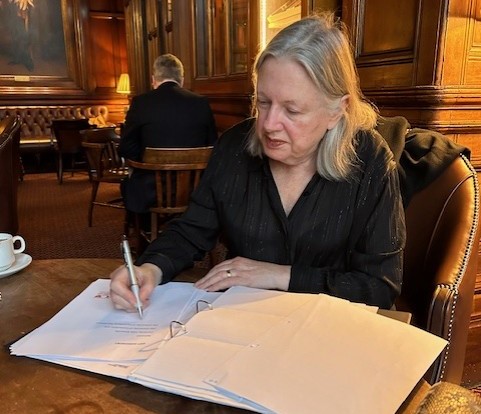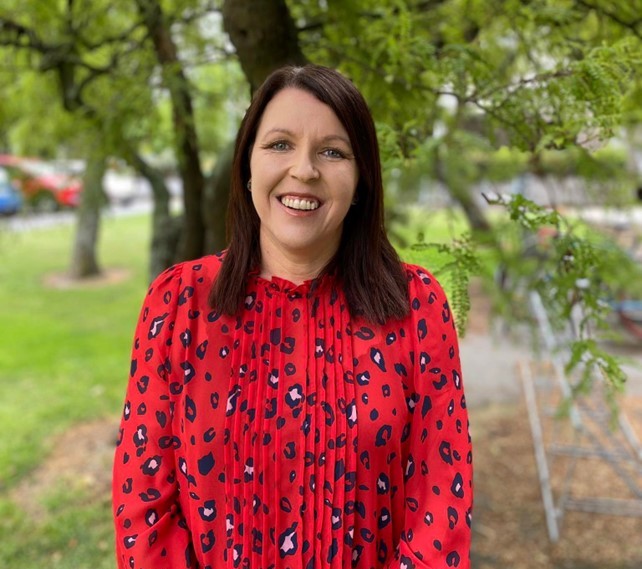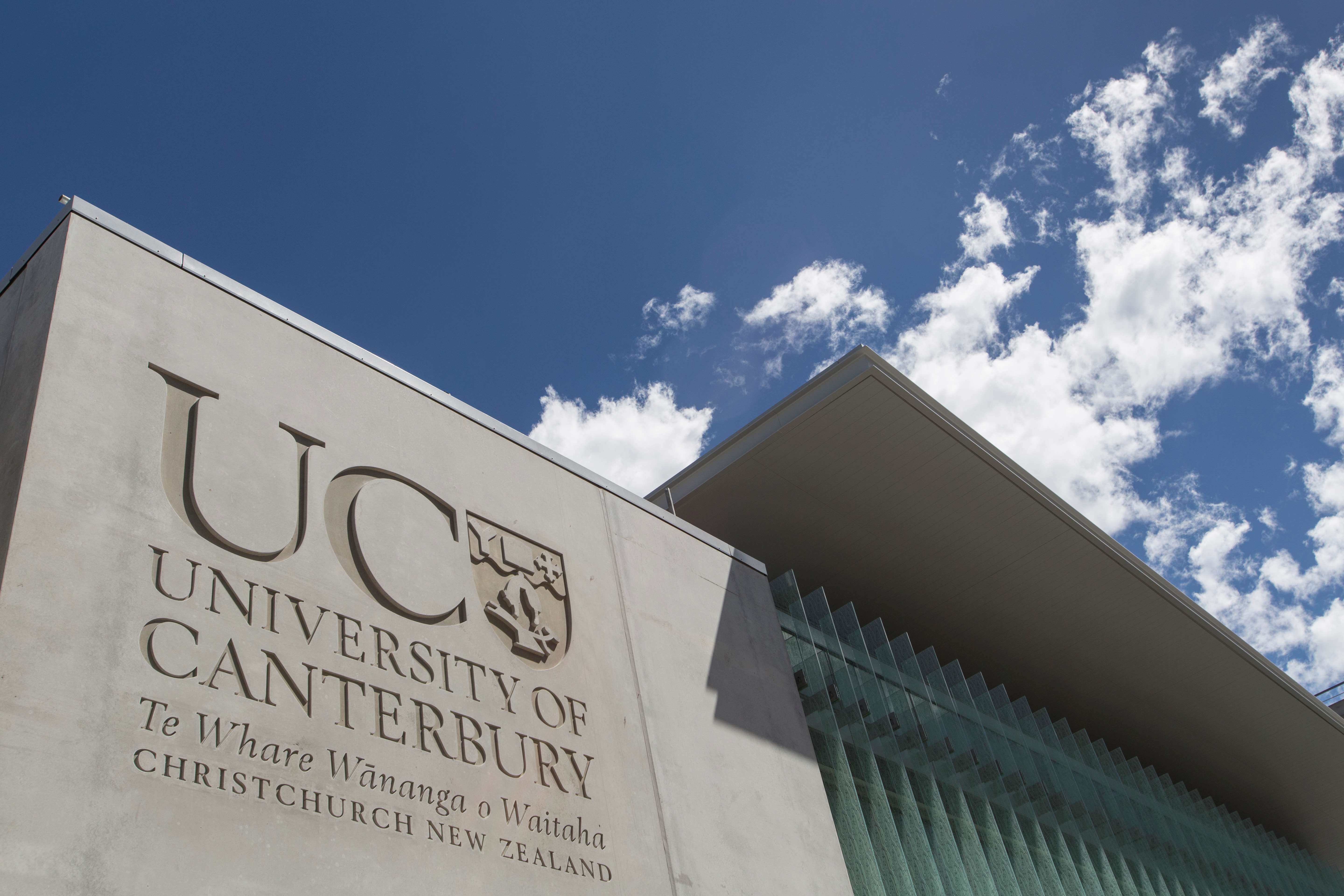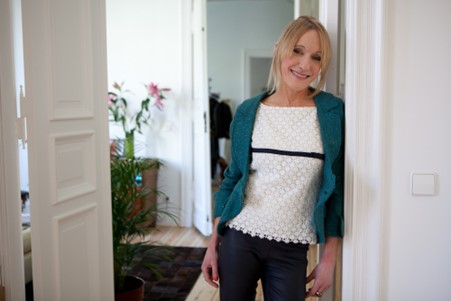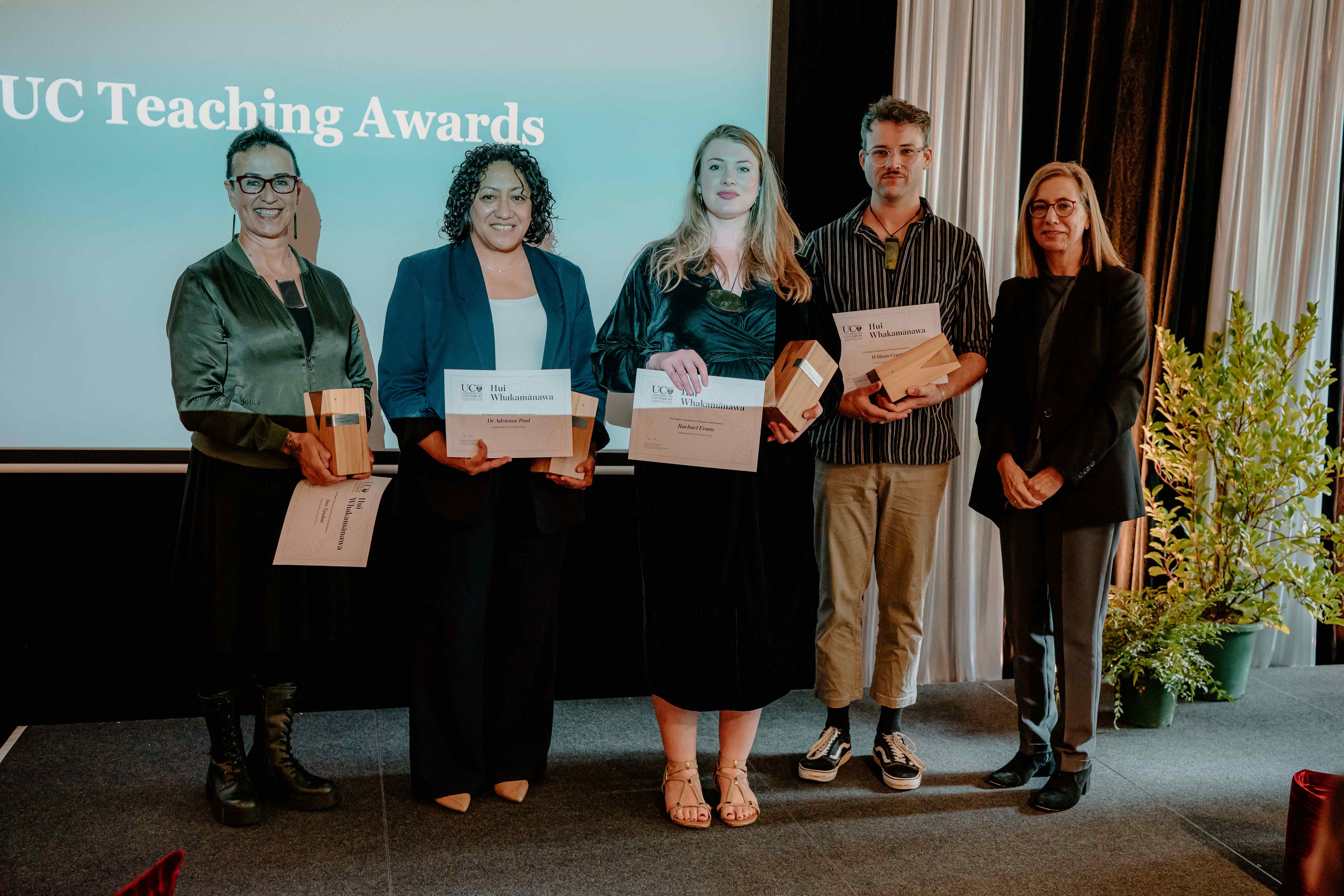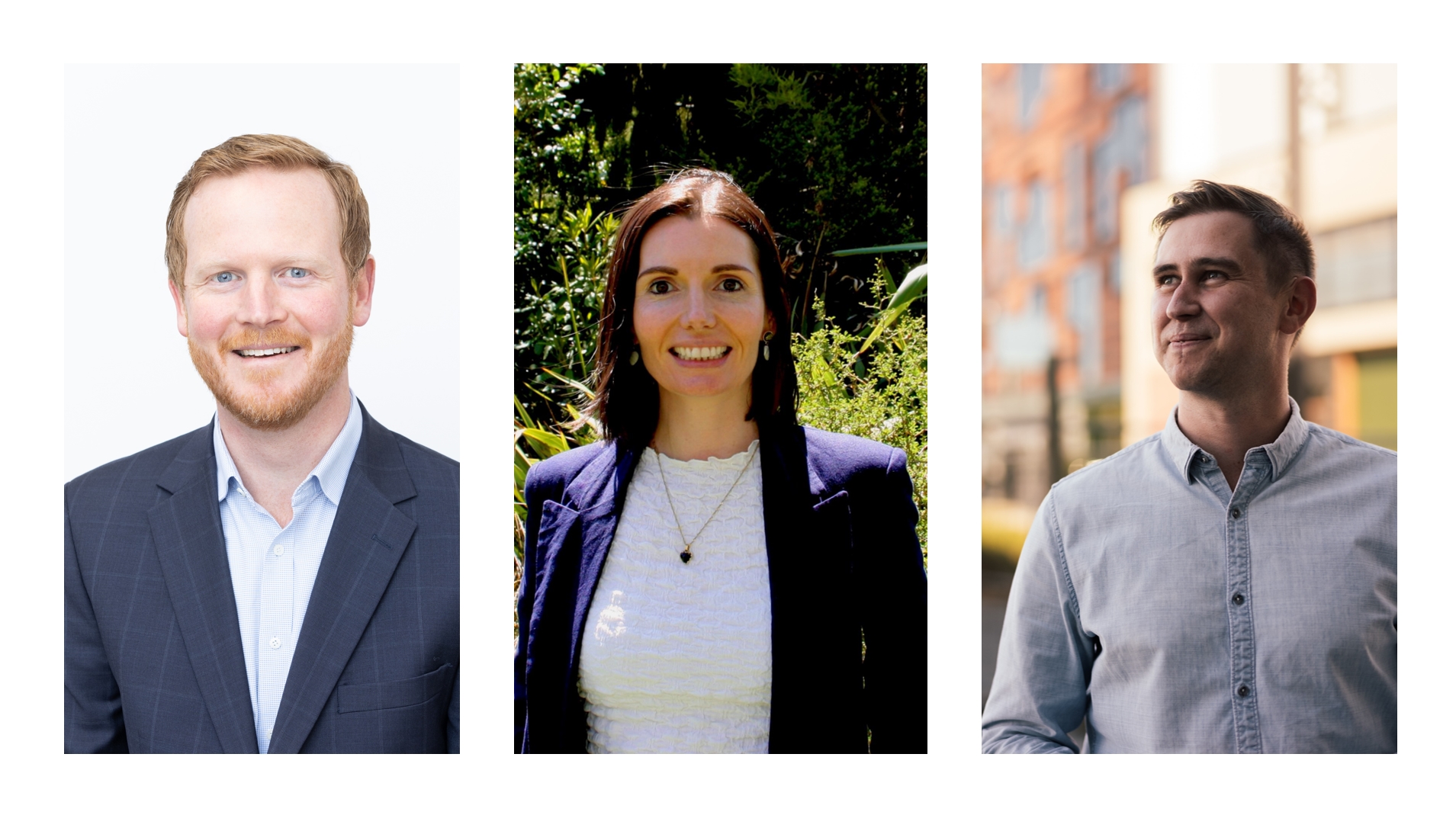“Rugby league has been a huge part of my life. In the years leading into my PhD research a number of young rugby league players, both professional and on the fringes of professional rugby league, took their own lives. Of these, the majority were Polynesian. I thought that research into the Polynesian experience in professional rugby league might be able to help support and nurture our young men as they embark on an often fleeting career path,” he says.
“Storytelling is a huge part of Māori and Pasifika culture, however too often we are the subjects of research, and not the ones sharing our knowledge how we want to. I wanted to be a part of the turning tide in this space.”
Phillip says the stories shared with him provide an insight into Polynesian masculinities, family life and the motivations behind a number of rugby league careers.
“I found that the lived experiences of young Polynesian men in professional rugby league are significantly different to how they are perceived through what we see on TV. This research also provides a pathway for providing the best possible care for young Polynesian men in the sport. This includes cultural awareness, identity and building stronger connections between the family unit and professional clubs and competitions, coaches and administrators of the game.”
Phillip has been studying at UC since 2002, continuing his studies while also working at Aotahi - School of Māori and Indigenous Studies, and teaching into the UC Bachelor of Sport Coaching. This year he won the Faculty of Arts Lecturer of the Year award as well as the Overall Lecturer of the Year for UC, for the second year running in the UCSA Student Choice Awards.
“I think my teaching style is a reflection of who I am – someone who is passionate about the subjects that I teach, but also doing so in a fun and engaging way. I have also been fortunate as Aotahi have been super supportive of my study. Being a mature student at UC is an awesome opportunity to expand your thinking and understanding which can complement your practical or lived world.”



